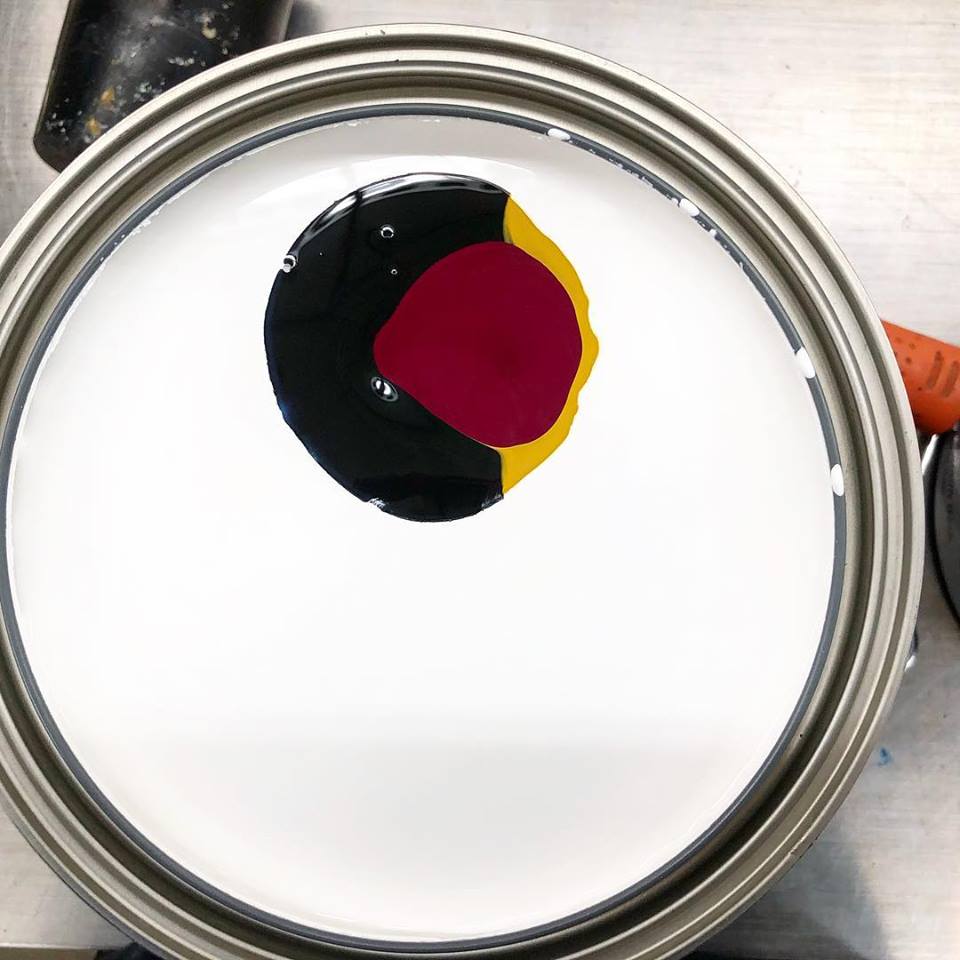
In the last few months of her life, when she could no longer get out of bed without falling, my mother told her nighttime caretaker that she had contemplated throwing herself from the subway platform into an oncoming train. The confession didn’t surprise me, just the scenario. I recalled that on a visit to her country house one August, as my babies napped upstairs, my mother, a couple of vodkas down, lifted her copy of the Hemlock Society manual from the shelf, to raise an argument for unhappiness. So I wasn’t shocked by my mother’s vision of suicide. Only that in her final stage she had shared it with a woman whose name she may not have remembered, who very likely told her not to worry, or maybe just held her gaze for the moment to pass. It was she who heard that last, frail exhalation against the rising tide of fluid that swamped my mother’s lungs, she who clasped her cooling hand as my mother sank into the undertow.
At age twenty-three, after my mother had swapped college in the Midwest for a career of dance in New York City, her father leapt from the roof of his Chicago office building. He was fifty-six-years old. Red hair graying at the temples, shirtsleeves, a jacket. A pilot during the First World War. “Haberdashery wasn’t going to make it,” my mother said, trying to explain a man’s depression relative to his stake in the garment industry. He’d run out his mission. “Mom followed him around everywhere, didn’t want to leave him alone. She knew.” Knew what? How to restrain his heavy body as he lurched over the edge? To talk him down? How do you step in front of someone else’s onrushing life? No stranger to hold his hand, lay him to rest, he flew.
Near the end of the summer after my freshman year of college, while waiting for the subway to Brooklyn, woozy and dehydrated from smoking weed and Camel Lights and having drunk vodka in the sun, now standing deep below Grand Central Station where no air could circulate—it gets so fetid from overuse by evening—with only a piece of plum cake to line my stomach, I fainted. The train was coming. My body pitched forward and would have hit the tracks except for a stranger who reached over and grabbed my waist and lay me down on the platform as I lost consciousness. I awoke in liquid. Sweat in pools. I’d been exhaled and the train had gone and the man with it before I could say “Thank you.” A police officer said, “Don’t worry,” then carried me up the two or three or four flights of stairs to Vanderbilt Avenue and hailed me a taxi. I had no money. “Don’t worry,” he said again as he shut the door and handed the driver a bill.
__
Jenny Apostol is a writer, translator, and Emmy award-winning nonfiction television producer. Her previous work has appeared in River Teeth’s “Beautiful Things.” Jenny is pursuing an MFA at the Rainier Writing Workshop, the low-residency MFA program at Pacific Lutheran University. She lives outside of Washington DC with her husband and a dog, cat, rabbit, six hens, and occasionally, their two children.
Photo by Elizabeth Fackler

12 comments
Theo Carracino says:
May 13, 2019
What a beautiful piece of writing — sparse and eloquent. Well done, Jenny Apostol
Rachel says:
May 13, 2019
so well drawn, and sad, and true. breathtaking.
Wen Rodgers says:
May 14, 2019
I love the way your mind works, Jenny!
Sarah Weaver says:
May 15, 2019
What a gorgeous essay, Jenny! I love how the title draws all the pieces together. Thank you for sharing it with the world.
Christine says:
May 15, 2019
Thank you for sharing such a beautiful piece of writing that gently intertwines three very different, yet similar stories.
Jenny says:
May 21, 2019
Thank you for reading and your comments, Christine.
Reid Cramer says:
May 21, 2019
The kindness of strangers is a remarkable tonic. Thanks for sharing this and writing it, Jenny.
Libby Hall says:
May 25, 2019
Finally, I treated myself to this jewel! You captured the layers of connection through the generations beautifully with a gentle understanding and compassion. Thank you!
Bridget says:
Nov 17, 2019
Powerfully packed story. In just three paragraphs you get a strong sense of three individuals, their struggles and how they intertwine. Struck by the signficant role of the kind and thoughtful strangers amongst us too. Thank you!
Lori Butterfield says:
Nov 18, 2019
Congratulations, Jenny on such a stark and beautiful piece of non-fiction. Visually arresting and emotionally evocative. Looking forward to reading so much more!
Rod says:
Nov 26, 2019
Gripping, vivid, sad, inspiring – love it, Jenny!
Nadereh says:
Feb 17, 2022
I was transfixed – what achingly moving vignettes. Thank you for sharing